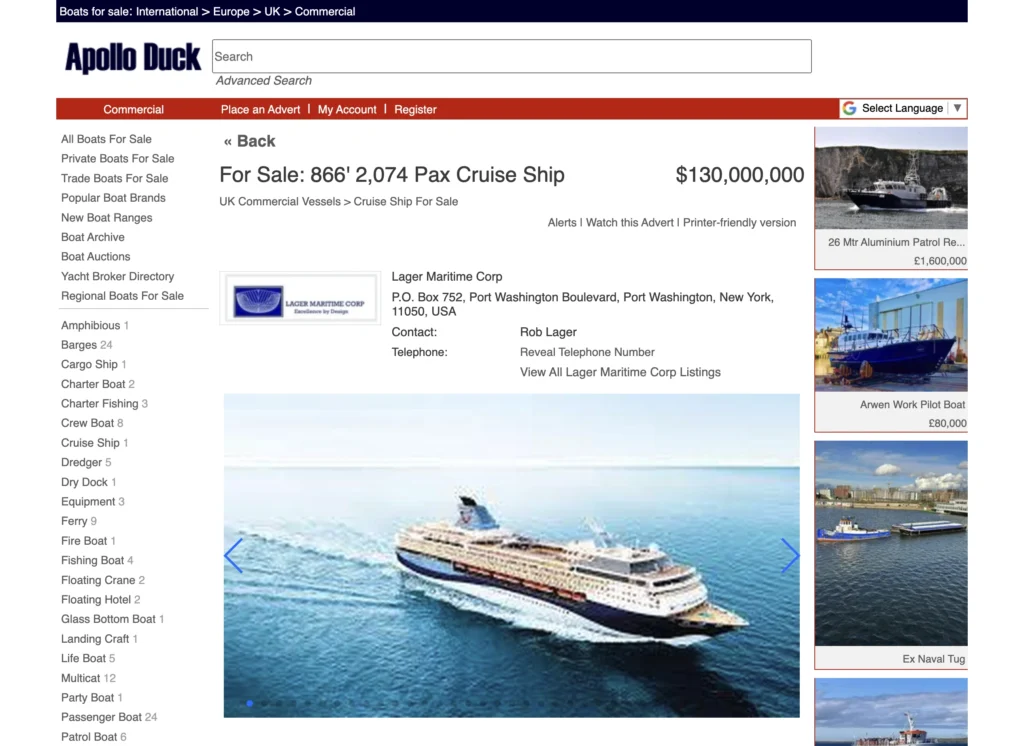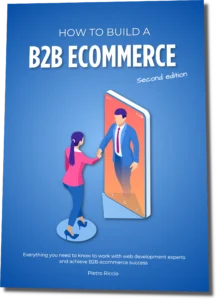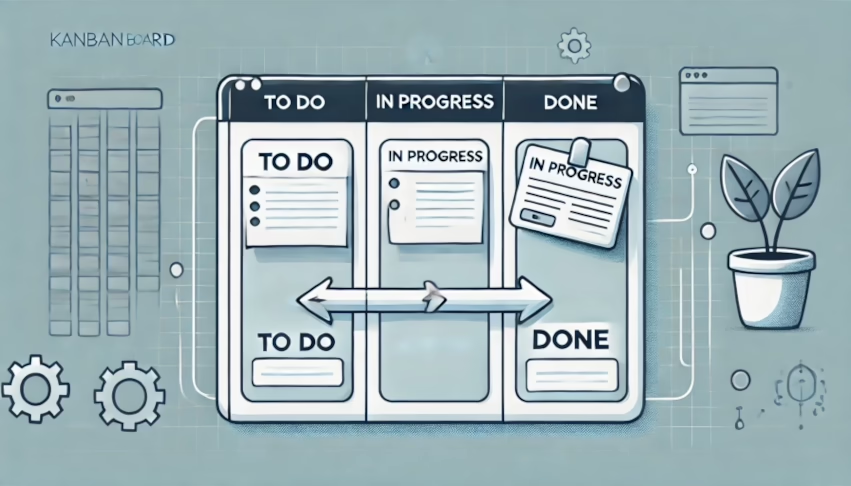If you think that your B2B (Business to Business) product or service can’t be sold online, you are in good company. Many merchants, managers, directors, and owners think the same. You must have very good reasons for thinking this. Yet, whatever your angle, it’s a fact that digitalization is continuing in every sector, vertical, etc.
So how can you change your point of view to see if there is a viable way ahead for you too?
First of all, what’s B2B and what is not?
B2B companies come in all shapes and sizes, offering a range of products and services. In this blog, I’ll consider “B2B” as all those companies that sell to other companies. Maybe you provide specialized services, excel in manufacturing, focus on product development, or revolve around the distribution of some niche product. You might even be a hybrid, selling B2B as well as D2C (Direct to Consumer). In this article, I’ll consider all this as B2B.
Uniqueness of B2B E-commerce
As much as B2B businesses are diverse and unique, at least some will be able to approach B2B e-commerce like B2C (Business to Consumer – here we explain the differences between B2B and B2C e-commerce), with a couple of additional features if any. Of course, obstacles might remain in terms of managing the e-commerce website. If the bottleneck is related to the company’s digital operations, Netsu’s freelance e-commerce manager service might be able to help.
But even if B2C e-commerce is at the base of many best practices that apply to B2B too, some business models, products, etc., will not fit the classic B2C e-commerce model. In this case, you require a tailored approach. Depending on the degree of tailoring, you might still be able to use off-the-shelf plug-ins and extensions. Or you might need fully bespoke modules. This is where you might want to start modeling an e-commerce strategy. In any case, when well executed, your e-commerce strategy will overcome what you now see as obstacles and tomorrow you might see as a barrier to accessing your competitors.
Leveraging Your B2B Trade Features
Success in B2B e-commerce hinges on developing features that cater to your trade. Each industry has its unique nuances and requirements, and your website should reflect these. Understanding and incorporating your industry’s unique selling points into your strategy can give you a competitive edge. Some examples:
- For a manufacturer of bespoke industrial machinery, a complex product configurator that links to an ERP and a CRM and produces quotes.
- For a clothing brand, interactive category pages that display a collection, its downloadable collateral, and volume discounts.
If you don’t know where to start, you might benefit from our e-commerce consultation services.
Entrepreneurial Risk vs. Scams
The world of digital is full of get-rich-quick gurus, and this might increase your perception of risk. After all, if you don’t have an e-commerce website now, you are spending zero. Why would you start spending even more than that, when there are no guarantees of a return on investment? This is perhaps the biggest objection you’ll always encounter when talking about a B2B e-commerce project. There are two considerations you can make to hopefully help you move on:
- Do your due diligence. When looking for a digital partner, spend a good amount of time preparing (for example, prepare your specs documents), do a lot of research (don’t speak with just one or two agencies—ten are more like it), and trust your instincts. Meet, virtually or physically, at least a couple of times before deciding which way to go.
- Start small. Sure, sometimes it’s necessary to spend a lot to get things going, so you are minimizing a risk—spending too much—in exchange for another—not spending enough. But if you can’t get over the idea of spending tens of thousands of USD/GBP/EUR on an e-commerce website (excluding maintenance), you might at least get the digital ball rolling and test the waters.
And what does “selling” mean anyway?
Do you consider a “deal” closed when the client signs a contract? Or when you receive the money? Or when the return window (if you offer one) has expired? Selling is more like a journey than a destination, and if for some reason you actually can’t reach the final step of your sales journey or process, then your website can still help you. Look at Apollo Duck:

They sell ships and it’s understandable that the buyer of a £130,000,000 cruise ship will not want to pay with an online checkout. Yet, you can see how the Apollo Duck website is designed like an e-commerce website, with categories, filters, and product pages. So yes, Apollo Duck is an e-commerce website, not just a static brochure website. Combining online and offline sales processes can work for you too.
Conclusion
Any B2B company can sell online, as long as they define a clear e-commerce strategy. By clarifying your product or service sales process, assessing the role that B2B e-commerce can play in it, and leveraging your trade-specific features, you’ll be ready to navigate this transformative journey. Embrace the opportunity to pioneer in your industry and unlock new levels of growth and success.
And if you need help in identifying your next steps process, please feel free to give us a shout for a consultation.




